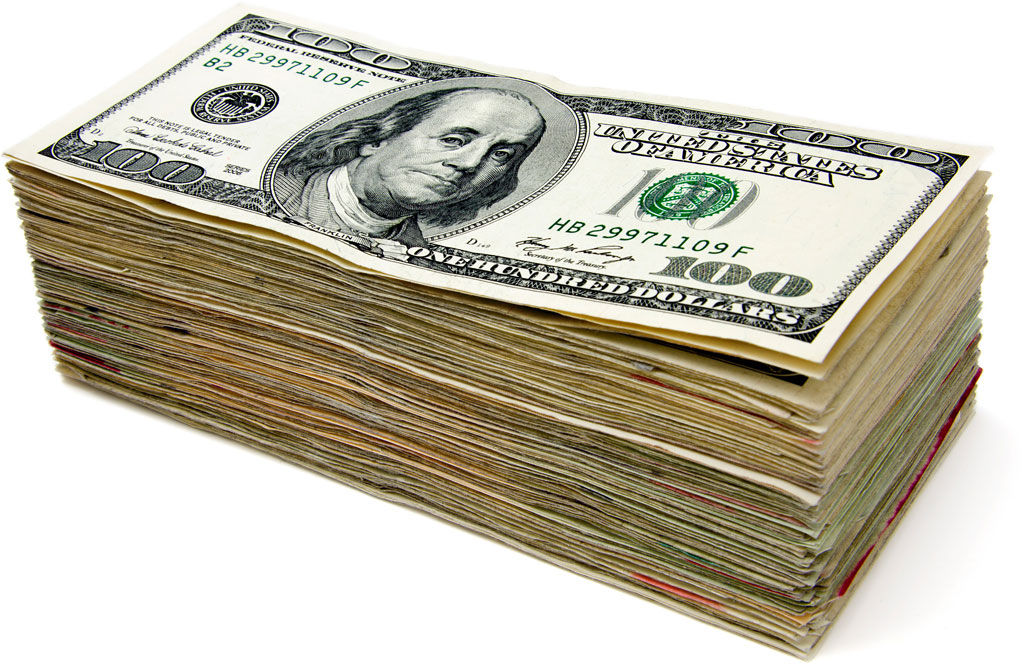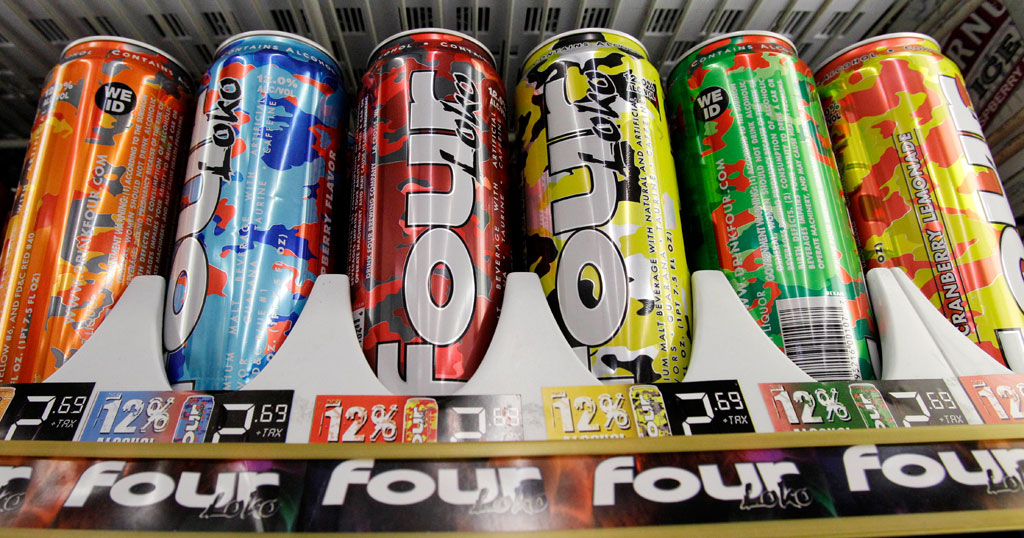Published November 16, 2010
I’ll be on Radio Boston to take your calls and discuss recent examples of crowdsourcing leading to “justice” on the Internet.
Here’s what’s on the docket for Tuesday at 3:
Minorities and Hepatitis B. Asian-Americans account for more than half the city’s cases of Hepatitis B but less than 10 percent of Boston’s population. WBUR’s Adam Ragusea meets a Harvard student group trying to change that.
Speed vigilantism in the Internet age. The Internet reacted swiftly to three recent stories with outrage and condemnation — the arrest of a 16-year-old at Roxbury Community College, the accusations of plagiarism at Cooks Source magazine, and the racially charged tirade of a woman in Hingham. Also joining us is Michael Fitzgerald, a freelance writer and current fellow at Harvard’s Nieman Foundation for Journalism.
Brookline author Douglas Star. The Boston University professor discusses his new book, “The Killer of Little Shepherds,” which chronicles the birth of modern forensics from the end of the 19th century. Starr shares some remarkable stories about early masters who solved notorious crimes without the aid of modern “CSI”-type technology.

